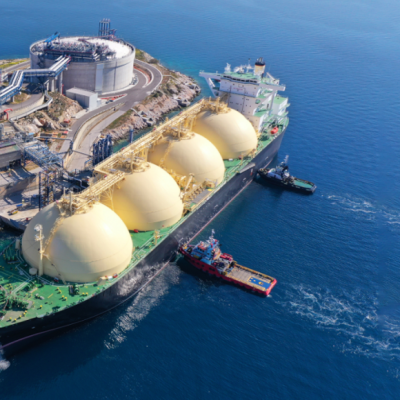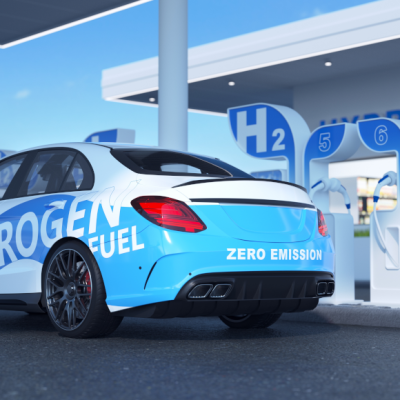The European Union (EU) has set a goal to achieve climate neutrality by 2050, which requires a significant reduction in greenhouse gas emissions. To achieve this, several EU transport ministers, including Leonore Gewessler, are calling for a ban on cars with petrol or diesel engines by 2035. Frans Timmermans, Vice President of the European Commission for Environmental Policy, has proposed measures to achieve this, including stricter CO2 emission standards for new cars and mandatory participation in the emissions trading system for car manufacturers. However, EU Industry Commissioner Thierry Breton opposes a ban on the production of combustion engines, instead advocating for clear guidelines on infrastructure for alternative fuels.
Timmermans aims to achieve a 100% reduction in CO2 emissions from new cars by 2035, effectively phasing out petrol and diesel cars. The proposed legislation to implement these measures will be published on July 14, 2021. The legislation also includes measures to decarbonize the EU economy, such as including housing in the emissions trading system. However, there is resistance within the EU to Timmermans’ proposals, with Breton arguing that the focus should be on achieving climate neutrality rather than banning combustion engines.
Breton believes that car manufacturers should be free to decide on the type of engine technology they use, but there should be clear guidelines on infrastructure for alternative fuels. He also proposes ambitious targets for the next stage of emissions regulation for cars and vans (Euro 7), which will require significant investment from manufacturers. The EU will ensure that the cost of mobility for consumers does not become unaffordable. The production of small and medium-sized cars within the EU should also remain profitable.
In conclusion, the EU’s goal of achieving climate neutrality by 2050 requires significant changes in the transport sector, including a possible ban on petrol and diesel cars by 2035. While there is resistance to this proposal, there is a consensus on the need for clear guidelines on infrastructure for alternative fuels. The EU will also ensure that the cost of mobility for consumers remains affordable while encouraging investment in emissions reduction technology.










